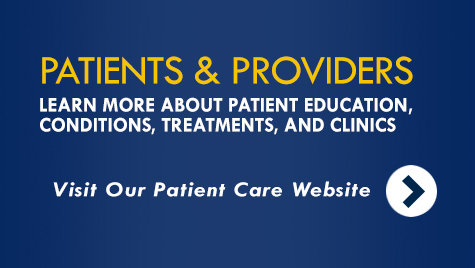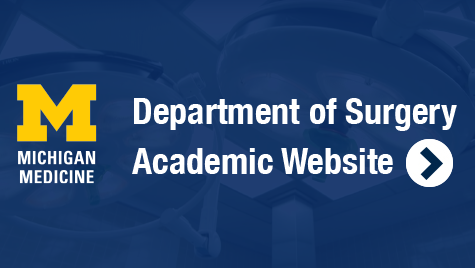A wide range of neonatal and pediatric conditions research initiatives in the Department of Surgery reflect the breadth of faculty expertise and the practice of pediatric medicine itself. The work of our investigators spans neonates to young adults as well as disease processes, from the common to the extremely rare. In all of our work, our goal is to improve the care we provide our youngest patients.
Basic science and translational research efforts include, for example, uncovering the pathways by which high-risk neuroblastoma — a common form of pediatric cancer — develops and resists treatment so that we may identify new and more effective therapeutic targets. Other efforts include development of an artificial placenta for managing extreme prematurity and an implantable artificial lung device for use outside the hospital setting. Work on the gut microbiome is yielding important insights into the best ways to care for and deliver nutrition to patients with intestinal failure and short gut syndrome.


